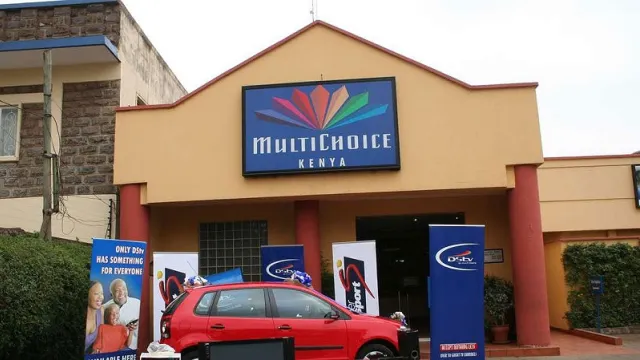Africa market tipped to grow fastest in video streaming

Africa market tipped to grow fastest in video streaming
The global content streaming market is expected to grow to $123.16 billion this year from $104.41 billion last year with Africa tipped to experience one of fastest growth globally.
The continent's rise in the number of devices that are capable of supporting digital media such as smartphones, tablets, laptops, desktops, and smart TVs are set to play a greater role in enhancing access to video on demand services, the Content Streaming Global Market Report 2022 says.
The survey adds that with increased internet access speed, better networks, wide signal coverage, and advanced technologies 3G, 4G LTE consumers will have option to access media content of their choice such as information, or entertainment anytime, anywhere.
The global association of mobile network operators GSMA projects that 615 million people in Sub-Saharan Africa will be subscribing to mobile services by 2025, equivalent to half of the region’s population.
Additionally, 28 percent of the total mobile connections in Sub-Saharan Africa will be on 4G with roughly three percent of mobile users on 5G.
Read also: Innovations pay off as M-PESA active users per month cross 30 million
"The bandwidth is important for high-quality video streaming, as sending large amounts of video and audio data over the internet requires large data transfer with a maximum transfer rate," the report notes.
According to Unesco, in the last 15 years, the growth of digital technology, driven by the mobile revolution and massive investments in Africa’si internet infrastructure has been one of the bright spots for the continent's growth trajectory.
Globally, the major players in the content streaming market are Netflix, Amazon Web Services, Akamai Technologies, Hulu, Apple, Google LLC, Cisco Systems, Walt Disney Company (Hulu), Kaltura, and AT&T.
In Africa, Netflix was estimated to be serving roughly 2.6 million subscribers by December 2021 while MultiChoice’s Showmax had a market of 20 million subscribers.
At the moment, only about 18 African countries have managed to complete their digital switchover from analog platforms.
Despite the long delays, however, the digital transition is actively ongoing.
The swithover to digital broadcast technology allows customers to enjoy access to better picture quality while also creating efficiency by liberating broadband spectrum, which can then be used to launch new television channels or expand internet access in countries.



